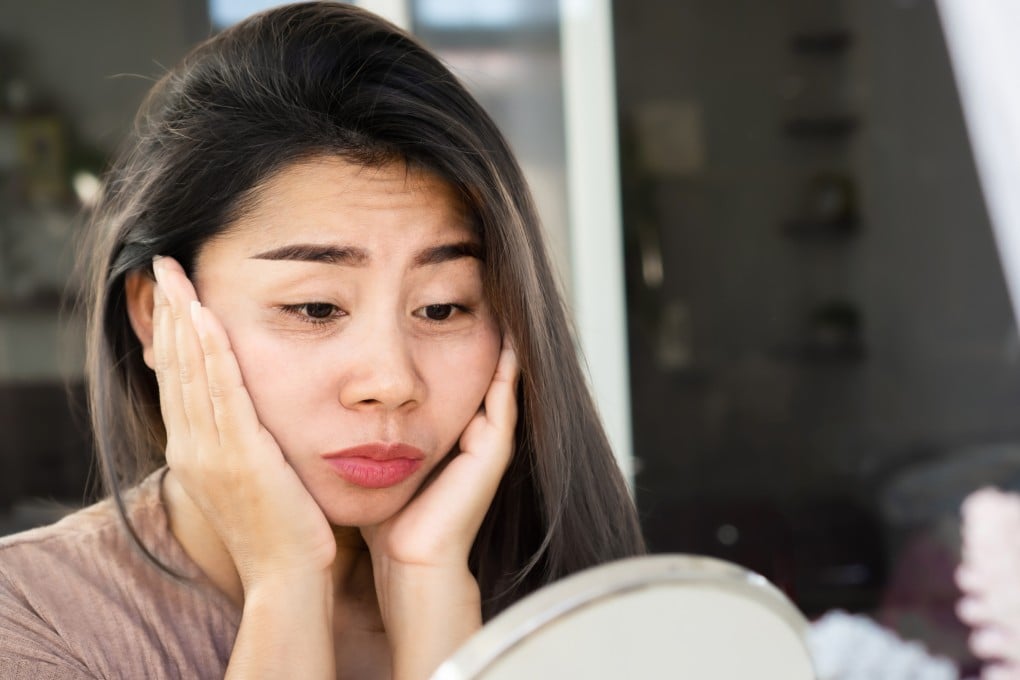How stress ages your skin and makes it oily, causing spots and flare-ups – and simple ways to treat the effects of inflammation
- Cortisol produced in response to stress ‘thins the skin’, causing premature ageing, but can also put oil production into overdrive, causing acne
- Simple processes and products can help your skin regain its balance and overcome inflammation’s effects

Thin-skinned. Thick-skinned. Skin deep. The English language is full of idioms that relate to our largest organ, our skin. You’re thin-skinned if you’re sensitive; thick-skinned if you’re impervious to criticism; and beauty, apparently, goes no deeper than the epidermis.
The average adult has almost two square metres (21 sq ft) of skin, and it accounts for about 15 per cent of our body weight. The thickest skin is found on the soles of our feet, the thinnest on our eyelids.
Beauty obviously isn’t just skin deep – it must go way deeper, to the essence of who we are. But our skin’s appearance can make us feel more, or less, confident – and more or less attractive.
Our skin is the barometer for so much – heat, anxiety, cold, infection, illness. At least five receptor types in the skin respond to pain or touch. Even our thought processes affect our skin: a fight-or-flight response prompts adrenaline production which causes our heart rate to rise and blood vessels to dilate, although curiously only the ones in our face. Then we blush, exposing our emotions.

Charles Darwin said that blushing was the most peculiar and most human of responses. It can be embarrassing but it can also make us more attractive, even though it is a transient reaction to a fleeting situation.